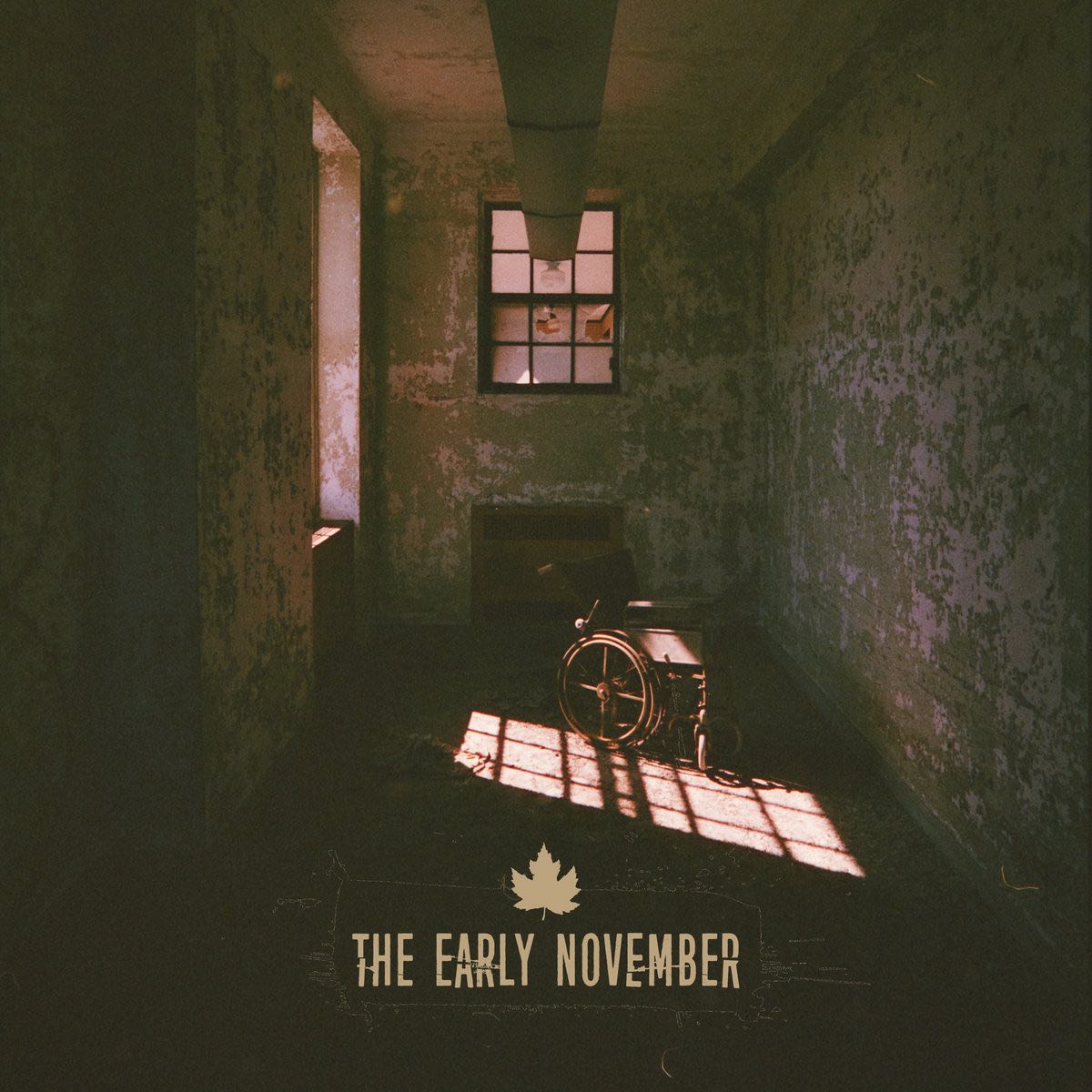The Early November
The Early November
PURE NOISE
What is time? It’s a difficult question to answer because, as Einstein pointed out, the rate at which it passes is relative to the person who’s experiencing it. That said, there’s no denying that it runs out with every second, that there’s always more that you’ve lived in the past, and less that you’ll live in the future. The passage of time—and the awareness of it—has always been a fundamental element of The Early November’s music. At the same time, the New Jersey band—who formed in 2001 and now consists of just vocalist/guitarist Ace Enders and percussionist Jeff Kummer—have always immersed themselves in the immediacy of pure emotion. Feelings might stem from past memories or future worries, but the songs themselves are rooted in the present impact of those feelings. That’s why 2022’s Twenty—a record that celebrated two decades of the band by recording old but previously unreleased songs—was able to straddle the distance between what was and what is so perfectly.
Though written much more recently, the 10 songs of this latest, self-titled record do exactly the same thing. Sonically, a number of them—especially opener “The Empress” and “What We Earn,” despite the latter’s electronic flourishes—hark back to the youthful energy, urgency, and desperation of the band’s earliest output. But two decades don’t pass without change, and that change is imbued in these songs. Because while they contain that same sort of energy, there’s more profundity to their lyrics, more introspection and consideration than in those youthful days. That contemplation is something the band is very aware of. Beyond that first song, there are three others here named after tarot cards, but rather than indicate a move into spiritual territory, they more so offer up existential questions and observations about life and how to live it. “Why can’t you see me now?” asks Enders on “The Fool,” the pain in his voice as tangible as ever. “What’s changed in all of us, and how?”
There is, of course, no definitive answer, but perhaps that’s what time is—the knowledge that things change and there’s nothing you can do to stop that. Because even if this album recalls that wide-eyed innocence of who Enders and Kummer were back as late teens when they started this band, they’re not those people anymore. It’s a realization captured in the frenzied emo energy on the chorus of “Tired of Lying” and the more tentative, electronica-inspired glitches of the forlorn “The Dirtiest Things,” as well as the stripped-back, acoustic whisper of final track “It Will Always Be.” It feels like an elegy to the band’s youth, a recognition of all the time that’s passed since they began. It merges—as this whole album does—the past with the present, dissolving and accentuating time as it does so, serving to show that this both still is and isn’t The Early November, their past, present, and future all existing simultaneously. And honestly, they’ve rarely sounded better.







